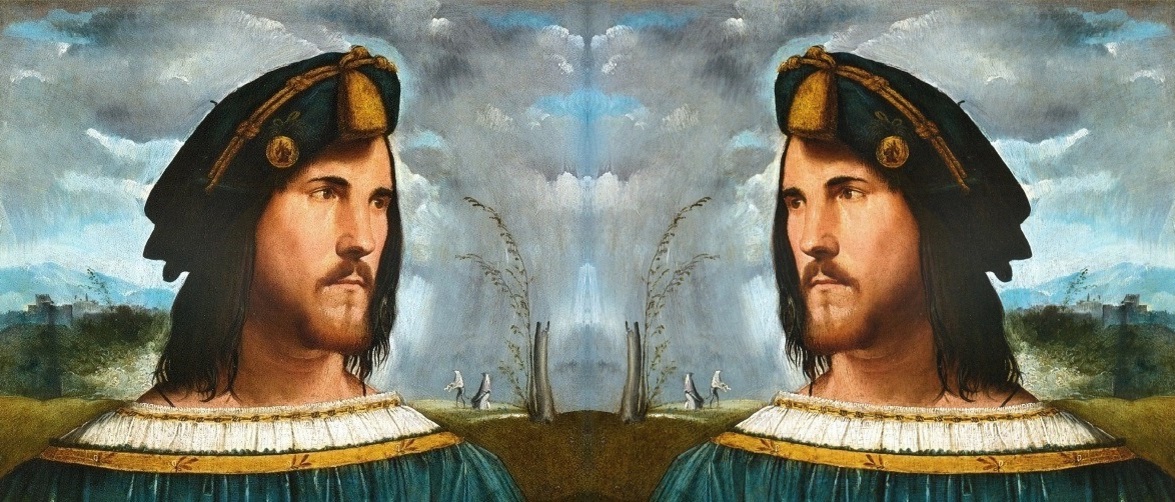Cesare Borgia
Posted on 6th January 2021
Cesare Borgia was born on 13 September 1475 in Rome, son to Rodrigo Borgia (later to become Pope Alexander VI) and his mistress Vannozza Dei Cattanei. Although Cesare was born illegitimate, his father Rodrigo openly recognised Cesare and his siblings as his own.
From an early age Cesare was groomed for the church, and after studying law, he became Bishop of Pamplona at aged fifteen. Following his father’s elevation to Pope in 1492, he became Archbishop of Valencia at aged seventeen and was named Cardinal in 1494 at aged only eighteen.
It is believed that Cesare never wished for a career in the church, preferring to be a military man, however it was his brother Giovanni (Juan) who was given command of the papal army. When Giovanni was murdered in 1497, suspicion soon fell on Cesare, but no proof could be found.
In 1498 Cesare became the first man to resign a position as Cardinal. He was soon to get his wish to lead a great army.
Alexander VI had always used his children to further his own political position and in 1499 he married Cesare to Charlotte d’Albret, sister of King John III of Navarre. Alexander had secured an alliance with the French King Louis XII and it was Louis XII who bestowed on Cesare, the title Duke of Valentinois. Cesare and his papal army accompanied Louis XII in his bid to overthrow the leaders of Milan, and following this success Cesare was given control of the French army.
Alexander VI, as well as keeping the papal states under his control, also wished to create a specific Borgia state in Italy for Cesare.
Cesare set out with his armies to overthrow much of Northern and Southern Italy. Over a period of three years 1500 – 1502 Cesare was to take over Imola, Forli, Pesaro, Rimini, Urbino and Camerino; he became Duke of Romagna and was known as both a ruthless and great military leader.
In 1502 some of the mercenary leaders (Condottieri) plotted against him which deprived him of much of his army. After defending his position and restocking his armies he agreed to a reconciliation with the conspirators, however he then imprisoned them and later executed them.
Cesare relied heavily on papal support and the death of his father Alexander VI on 18 August 1503, affected his position. At this time, he was unwell himself, possibly suffering from the same condition as his father. There is speculation that they had both been poisoned, although it is more likely they were suffering from Malaria.
Cardinal Piccolomini, a supporter of the Borgia family became Pope Pius III on 22 September 1503, but died within one month. Cardinal Della Rovere, a lifelong bitter enemy of the Borgias, then manipulated Cesare into backing his bid to become Pope Julius II, offering him money and support, however having secured the position of Pope, he broke the agreement and ordered Cesare’s arrest.
Cesare was first imprisoned in Naples and then moved to Spain where in 1506 he escaped and made his way to Pamplona and the kingdom of his brother-in-law John III of Navarre, where he fought as a military leader for him.
Cesare, having isolated himself from his army, was set upon and murdered while fighting near the town of Viana on 11 March 1507, he is buried in the Church of Santa Maria in Viana.
Cesare Borgia is remembered as a manipulative cardinal and a skilful, brutal and successful military leader, although heavily reliant on papal support. When that support was lost, his allies turned against him, he was imprisoned within the year and his ultimate downfall had begun..
Tagged as: Junior Middle Ages
Share this post:





